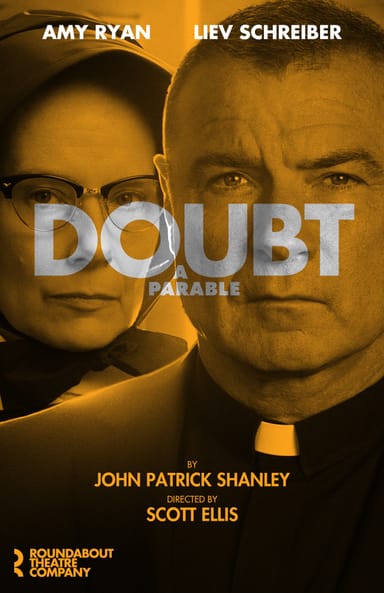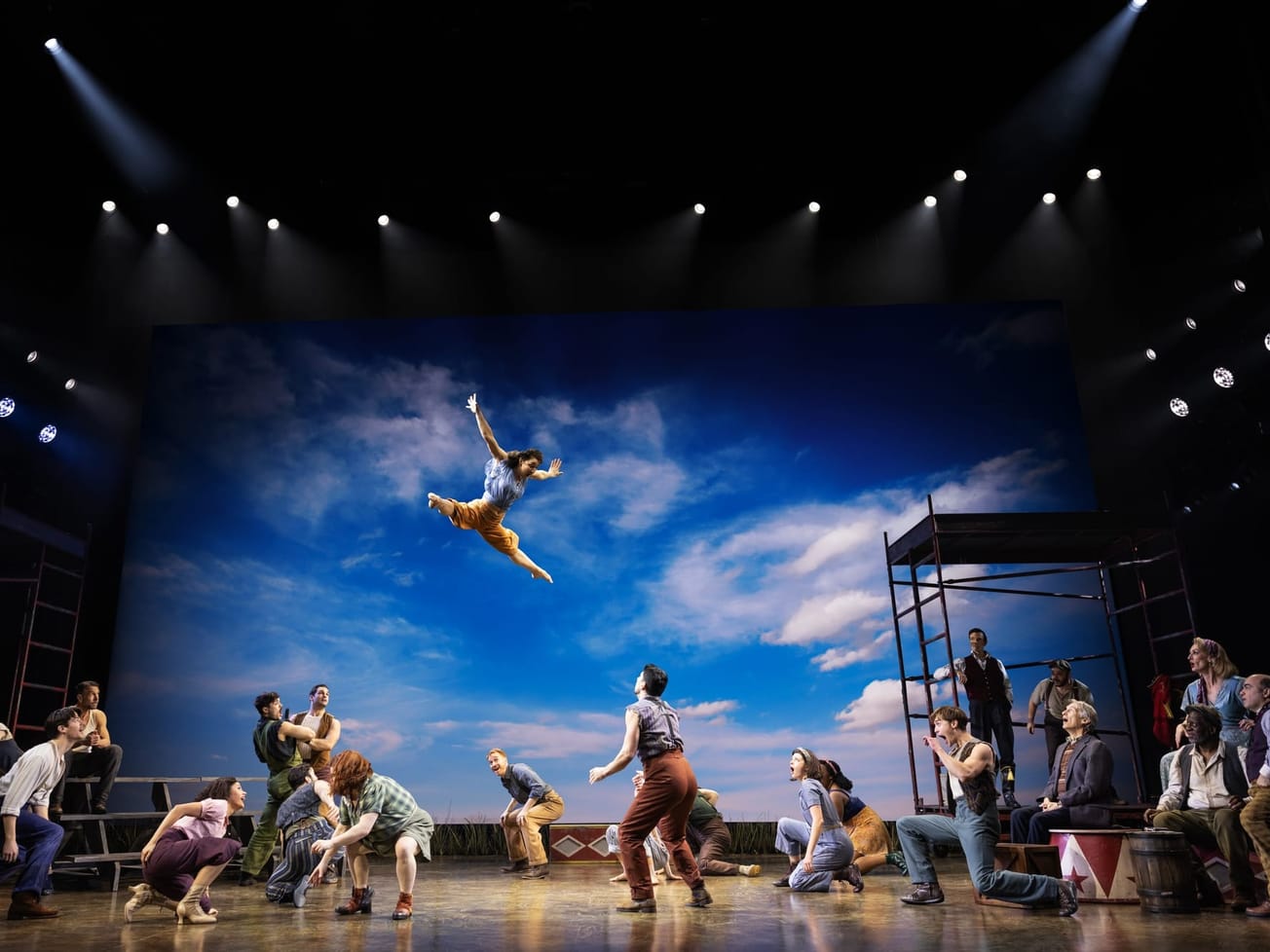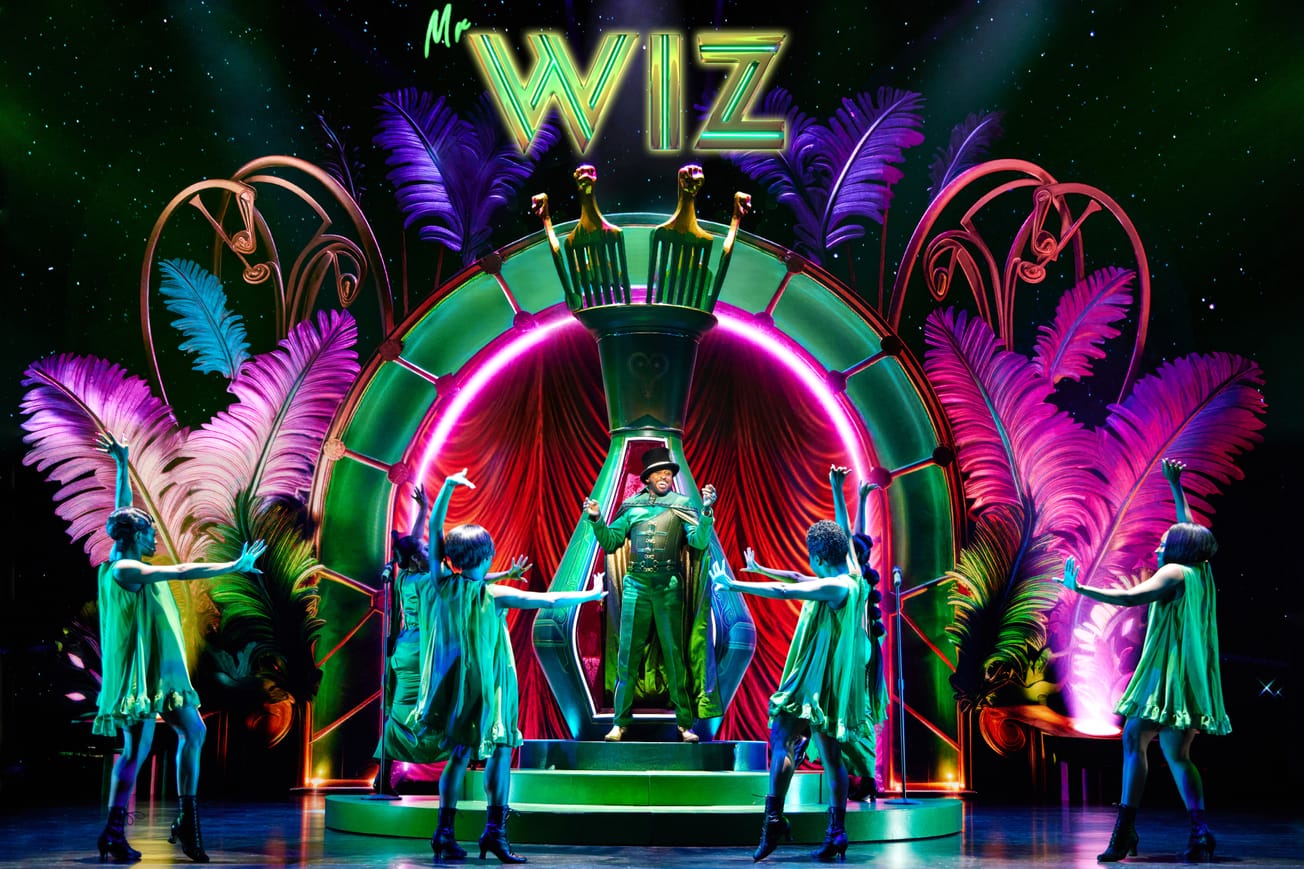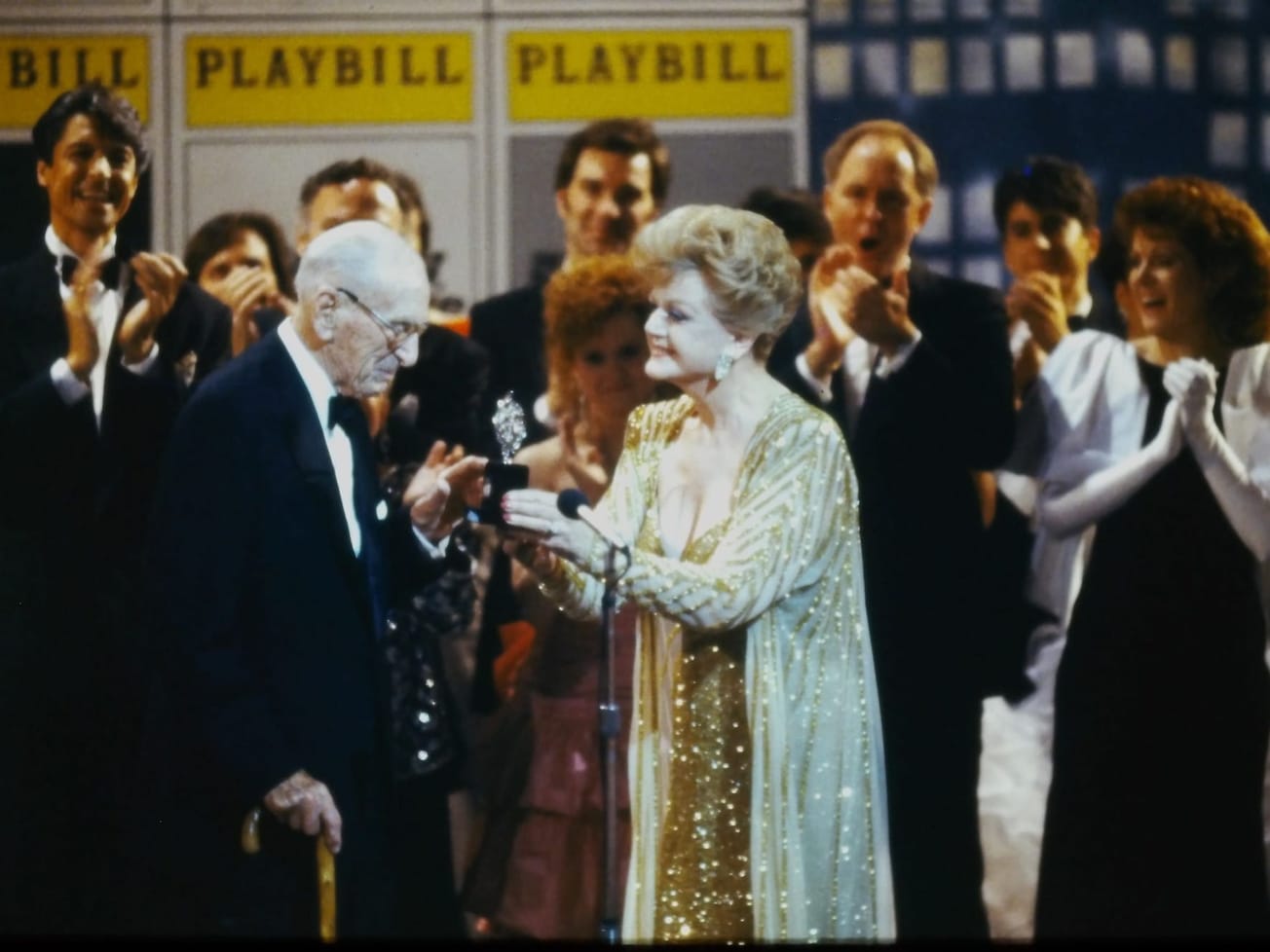A day after Actors’ Equity announced a strike against developmental work produced by the Broadway League, theatrical unions have voiced support for their efforts.
On Monday, amid negotiations for a new lab agreement, Equity announced a strike in which it placed any developmental work produced by the League on its “Do Not Work” list. As part of the updated agreement, Equity has asked for an increased salary and profit participation, granting Equity members a share of a show’s profits.
The strike bars Equity members from accepting any developmental work from a League producer — though Equity clarified Tuesday that its members can still attend auditions for shows in development, but they cannot accept offers.
Both Equity and the League said they did not have an update on negotiations as of Tuesday.
After sending out an email to its members Tuesday, the Society of Directors and Choreographers told Broadway News that it is in “support of our sister Union and their efforts to advocate for their members.”
However, the union has an agreement with the League that bars its members from participating in a sympathy strike, which means SDC members who have already signed a developmental agreement must continue reporting to work.
Asked if they support Equity’s push for profit-sharing, SDC said they “support Equity’s efforts, and any labor union’s efforts, to represent their members as they see fit.”
The Local 802 Musicians’ Union issued a statement Wednesday in support of Equity’s push for increased compensation and profit-sharing, citing growing Broadway grosses and attendance — which has also been a central tenet of Equity’s argument.
“The work done in developmental labs is essential to the success of any Broadway production. This has been recognized by several producers such as Disney,
Lorne Michaels, and the producers of ‘Hamilton,’ who have decided to share profits with actors who play a role in the development of productions. It is time the Broadway League get in line with these producers and do the right thing,” the statement reads.
The International Alliance of Theatrical Stage Employees tweeted in support of Equity’s position, saying they “stand in solidarity.”
We stand in solidarity with the @ActorsEquity development lab actors who are on strike for their first raise in 12 years. https://t.co/gDKb58abcZ
— IATSE (@IATSE) January 8, 2019
The Dramatists Guild, representing playwrights, composers and lyricists, said it had “no comment at this time.”
Equity has previously backed the strikes of other theatrical unions, supporting IASTE’s Local One stagehand strike in 2007 and the Local 802 Musicians’ union strike in 2003.
Because of the nature of Equity’s limited strike, which involves developmental works whose timelines are vague or not publicly known, the impact on the industry is hard to measure, said Derek Miller, a professor of theater history at Harvard University, who has publicly expressed his support of profit-sharing for Equity actors.
Within the industry, profit-sharing is a sensitive topic, as some argue that actors are paid for the time that they participate in the the labs and workshops, while producers are taking on the risk of developing a new show, often without taking a salary, and therefore are rightly compensated with a later share of the profits.
It is also difficult to spread awareness of Equity’s strike to the general public, given the inside nature of Broadway show development and labor contracts, Miller noted.
“A lot of this is often opaque to audiences and fans of Broadway because this is all done behind the scenes,” Miller said.
Equity has been working to combat this by sending its members to speak to and hand out buttons to theater patrons in line at TKTS as recently as Tuesday.






















































